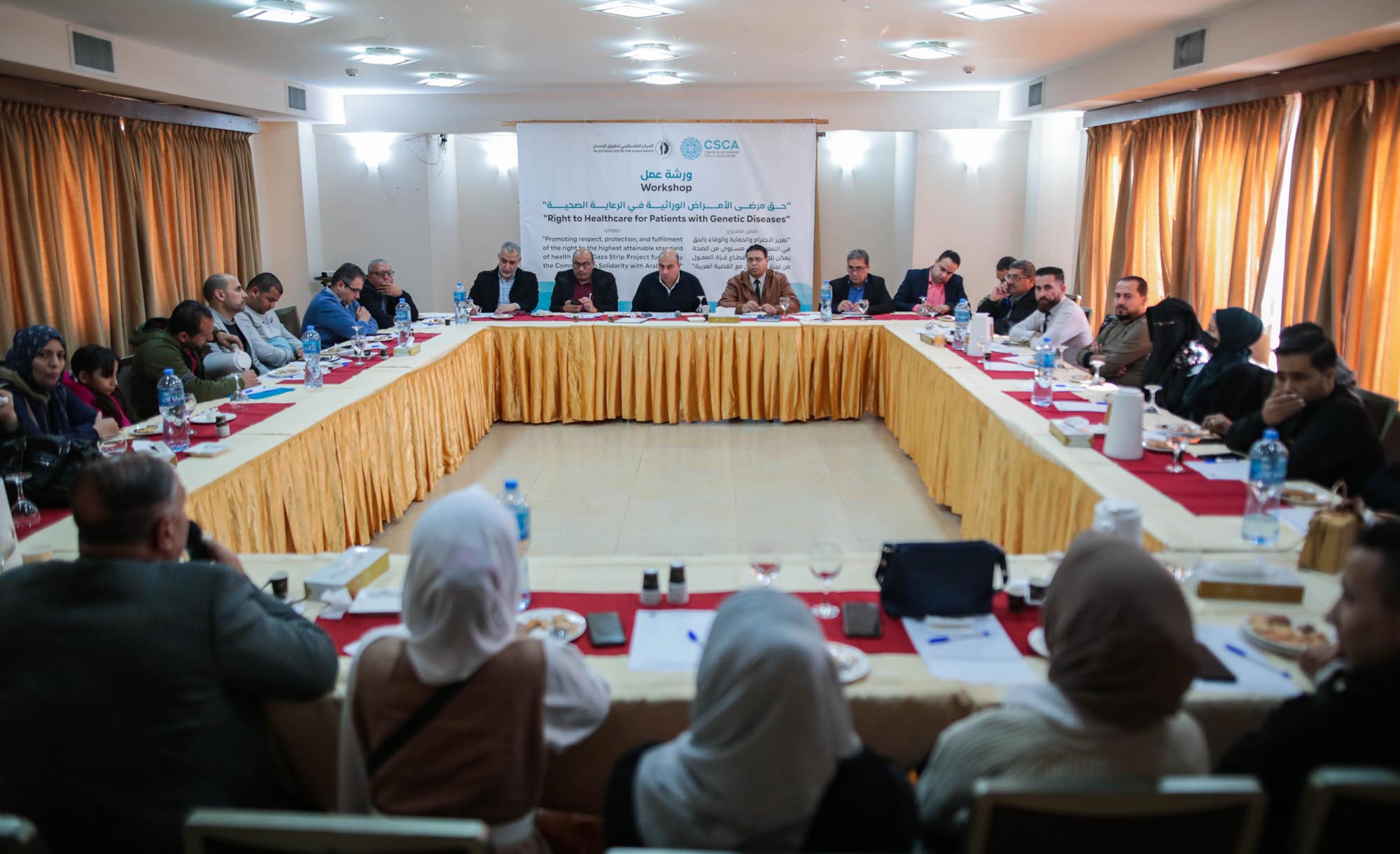
Ref: 39/2022
Date: 06 December 2022
On Monday, 05 December 2022, The Palestinian Centre for Human Rights (PCHR) organized a workshop titled: “Right to Healthcare for Patients with Genetic Diseases’”. The workshop was attended by representatives from the Palestinian Ministry of Health (MOH), the World Health Organization (WHO), the non-governmental health sector, Civil Society Organizations (CSOs), and a number of patients.
Dr. Fadel Al-Muzainy, Head of PCHR’s Economic and Social Rights Unit, opened the workshop and welcomed the attendees, pointing out that the workshop aims to shed light on the suffering of patients with genetic diseases and their right to healthcare. Al-Muzainy added that the workshop held under “Promote, Respect, and Fulfill the Right to the Highest Attainable Standard of Health in the Gaza Strip” project, funded by the Committee of Solidarity with the Arab Cause.
Dr. Hani Ayyash, a hematologist at the Turkish Friendship Hospital, overviewed the suffering of thalassemia and hemophilia patients and the acute shortage of medications prescribed for them for life in addition to the insufficient number of specialized doctors, who are only 5 across the whole Gaza Strip, as well as lack of specialized nursing staffs. ‘Ayyash indicated that 310 patients, including 80 children, have thalassemia, and any shortage of their medicines leads to hemochromatosis (iron overload in the body organs): if the pancreas stores too much iron, it will cause diabetes, while in the liver, it causes cirrhosis, adding that one of the main causes of death among thalassemia patients is too much iron stored in the heart. ‘Ayyash said that 140 hemophilia patients in the Gaza Strip frequently need lifelong medications, such as factor VIII (8) or factor IX (9), and any shortage of these drugs leads to organ and tissue damage, noting that if one of the patients suffers from severe injury or bleeding, he needs an amount of medications that may consume all what is available in the warehouses. These medications are only available in the Ministry of Health (MOH) due to their high price. ‘Ayyash confirmed that the Turkish Friendship Hospital is making the suitable arrangements to provide an integrated service for the thalassemia and hemophilia patients through new testing devices that will be operated soon, including a DEXA scan (DXA).
Dr. Mohammad Hijjo, a doctor at the Pulmonary Medicine Department in Al-Rantisi Hospital, affirmed that the hospital closely follows up the health status of 107 children, under the age of 14, with cystic fibrosis, which is a genetic disorder that causes severe damage to the lungs and other organs of the body. These patients need many chronic medicines and treatments to live with this disease as well as intensive healthcare and frequent specialized physiotherapy. Hijjo pointed out that there is fluctuating availability of some medications for patients, most notably the therapeutic milk and all types of vitamins, posing a great threat to the patients’ lives if not available.
Dr. ‘Alaa Hellis, Director General of Pharmacies at the MOH, pointed out that MOH started 2022 with a new approach based on classification of diseases and the medicines in need, as it coordinates with all donors to address the shortage of medicines needed for certain disease. He emphasized that this strategy alleviated part of the acute shortage of medicines for genetic diseases. Hellis stressed that the MOH is working on developing permanent and inclusive protocols for patient’s medical care, and the list of essential drugs for genetic diseases undergoes assessment by specialized medical committees and upon its decisions, patients are exempted from paying the price of essential drugs for their conditions.
For his part, Dr. Mohammed Lafi, Advocacy Officer at the World Health Organization (WHO) office in the Gaza Strip, emphasized that the immune system diseases, epidemics, and genetic diseases constitute only limited percentage of the Gaza Strip’s patients, and those diagnosed with these diseases suffer from high prices of medicines if they are not available in the MOH stocks. Lafi pointed out that the average drug shortage in the Gaza Strip has amounted to 48% of the essential drug list, negatively affecting the patients’ lives. He added that considering the patients’ current reality, we need to think seriously towards establishing specialized treatment centers for genetic diseases with a specialized medical staff providing patients treatment and healthcare, in addition to having laboratories and specialized medical devices that would improve doctors’ capacities to diagnose diseases.
Dr. Mahmoud Shubair, Head of hematology and Oncology department at Al-Rantisi Hospital, said that the hospital provides therapeutic services to 46 children with thalassemia and 23 children with hemophilia. With regard to the most significant obstacles facing the hospital, Shubair affirmed that the hospital needs diagnostic devices for genetic diseases and specialized devices for blood transfusion and filtration exclusively for thalassemia patients for the particularity of their cases and to avoid exposing them to any danger. Also, Shubair indicated that there is an acute shortage of a specialized medical staffs, as there are only two specialists for thalassemia and hemophilia patients.
For his part, Dr. Bayan El Sakka, Hematologist and Representative of al-Amal Association for Thalassemia Patients, addressed the importance of exerting more efforts by health organizations to provide medical care for genetic diseases and jointly work with MOH to provide the best quality of services for patients. He added that civil society organizations bear an important role in raising awareness of the Gaza Strip population about the dangers of genetic diseases and the importance of conducting premarital tests to reduce the number of patients. He emphasized that Palestine recorded a prominent success with regard to reducing the number of thalassemia patients by adopting the premarital test, calling for the need to generalize this experience to include all other genetic diseases.
Dr. Mohammed Abu ‘Amash, Representative of the Palestinian Medical Relief Society (PMRS) in the Gaza Strip, stressed the need to work complementarily and coordinate with the Palestinian MOH to fill the gaps and provide health services that meet the needs of Gaza Strip’s patients. He also said that the PMRS is working on supplying modern diagnostic devices and providing its services to patients with genetic diseases, calling upon all patients and their families to talk about their experiences and present all their suggestions to improve services, whether in the public or private health sector.
Regarding the patients’ suffering, Mr. Ashraf al-Shanti, Director of the Cystic Fibrosis Friends Centre in Gaza; Mr. Ibrahim Abdullah, Representative of Thalassemia Patients’ Friends Society (TPFS), and Mr. Ahmed al-Kashif, Representative of the Future Association for Hemophilia Patients, reviewed the patients’ suffering with the constant shortage of medicines and the problems patients face at the MOH’s hospitals due to lack of specialized medical personnel. All patients who attended the workshop unanimously stressed on their right to receive medical services at all Gaza’s hospitals and respect the particularity of their health status and their need for medicines and healthcare without any interruption.
At the end of the workshop, the attendees recommended the need to establish specialized treatment centers for genetic diseases and called for increasing the number of specialized medical personnel to provide healthcare for patients with genetic diseases. They also called upon the Palestinian MOH to provide all kinds of medicines for all patients, consider the economic and social conditions of patients with genetic diseases, exempt them from healthcare fees, and provide them medicines for free.
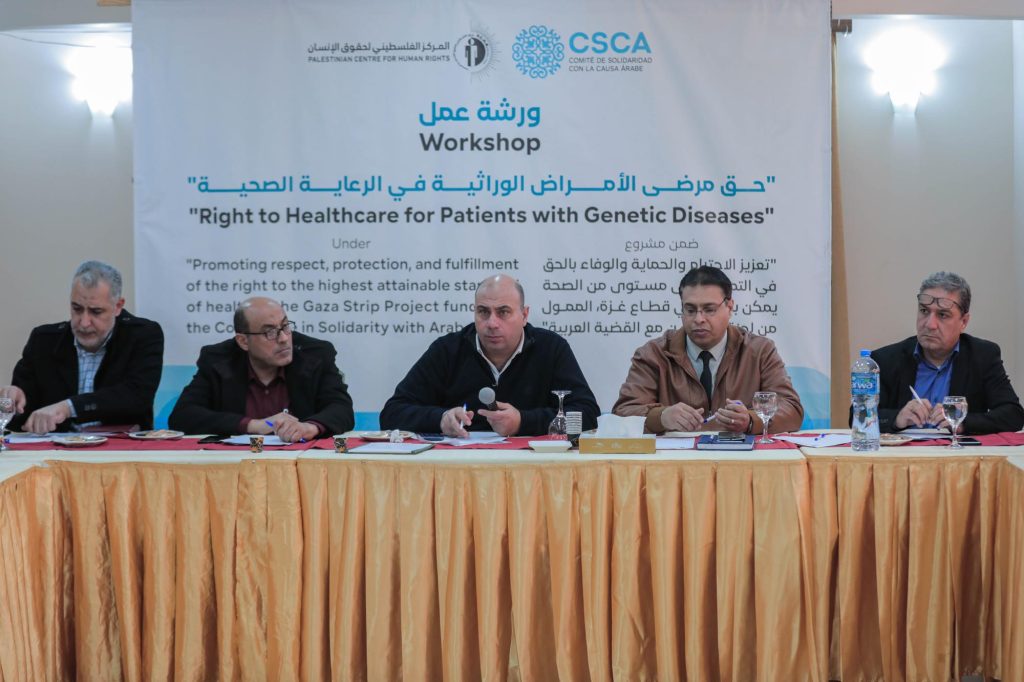
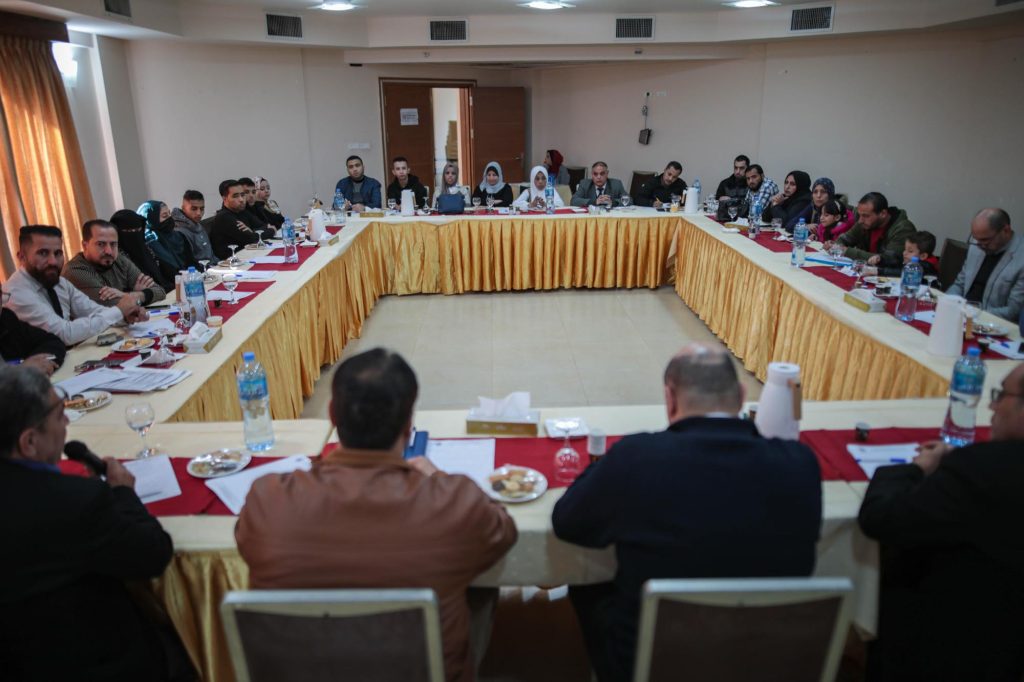
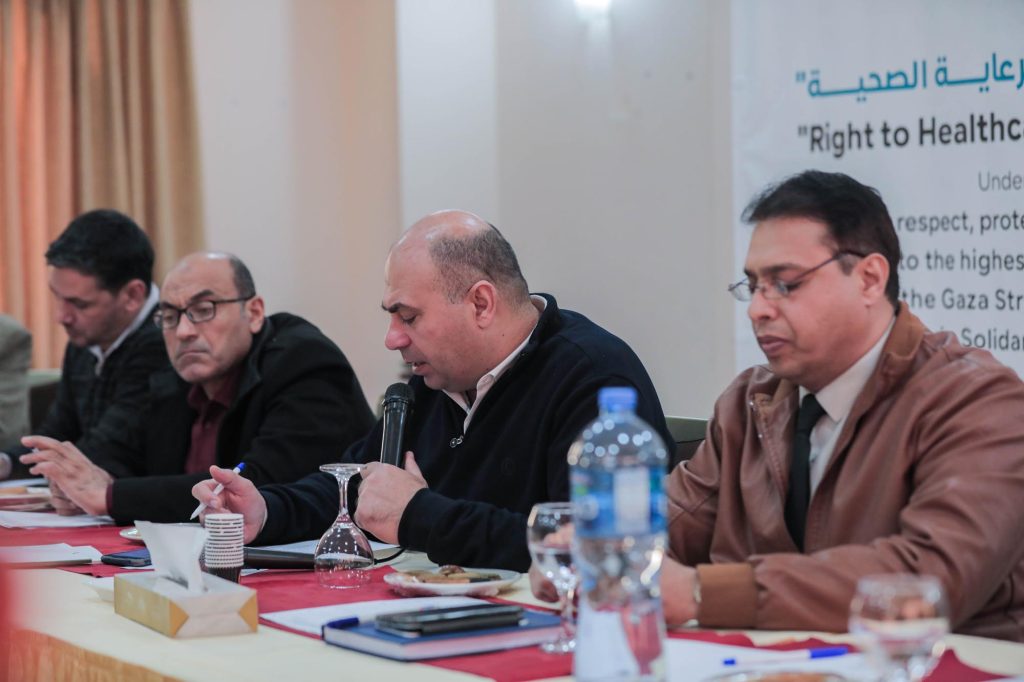
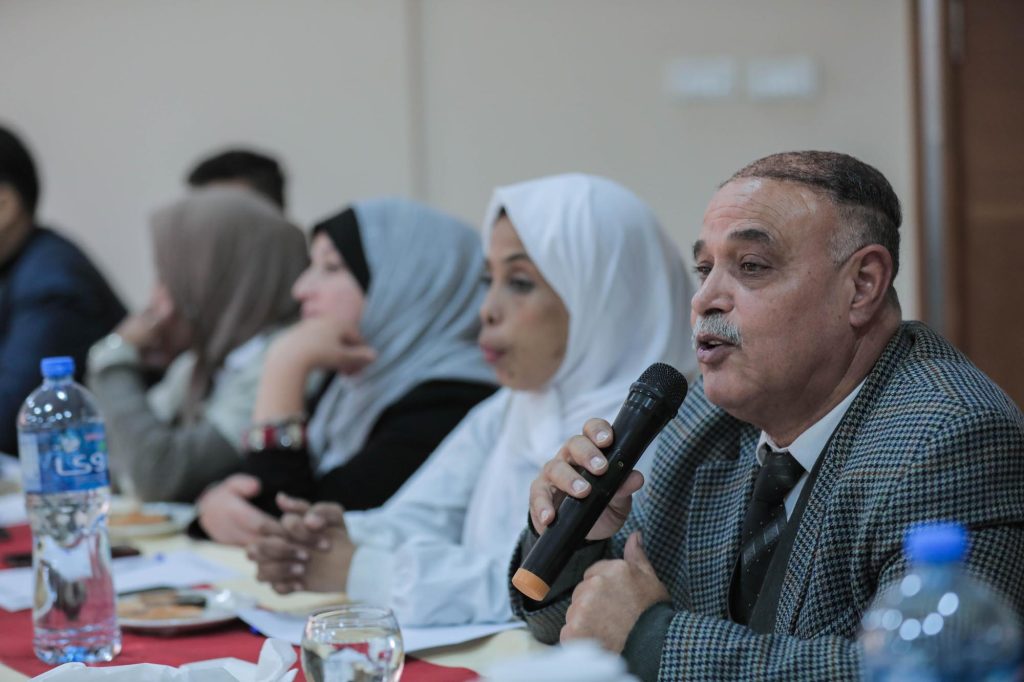
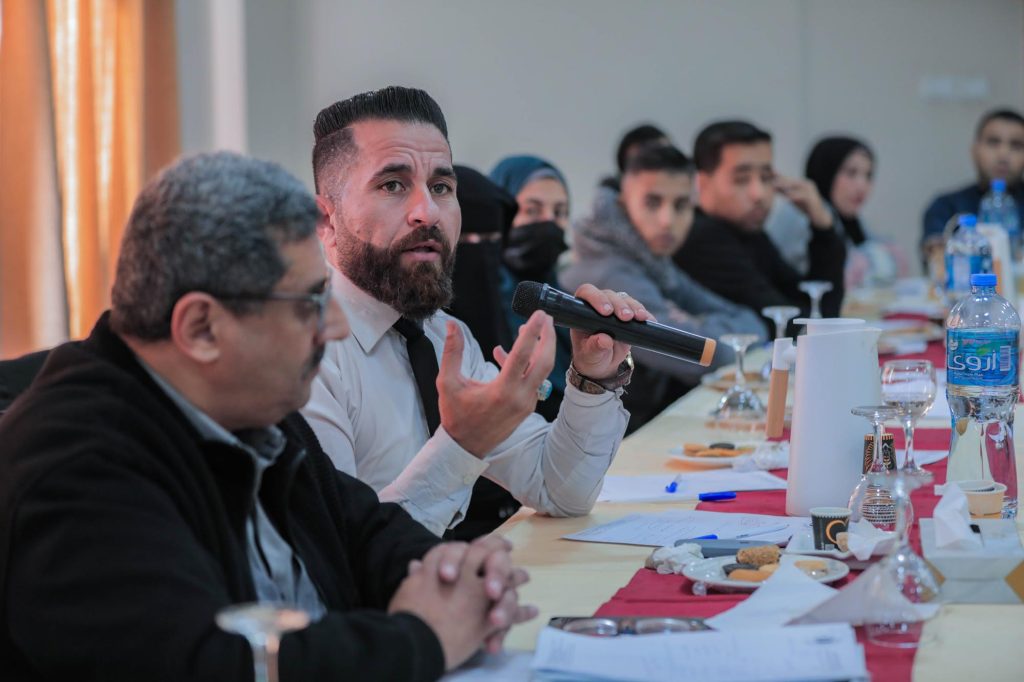
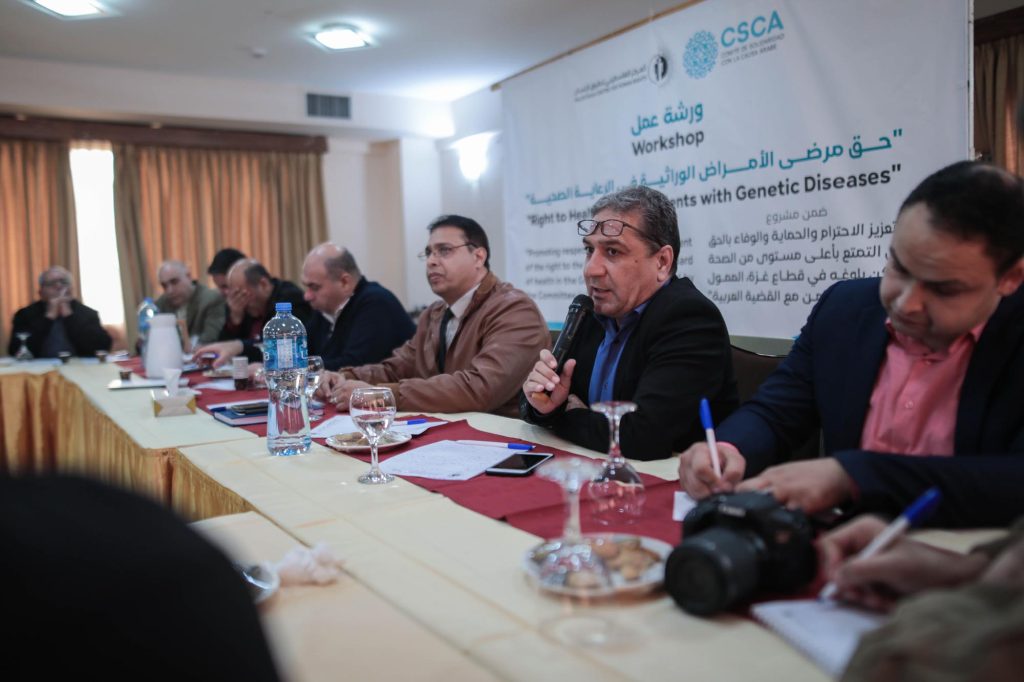
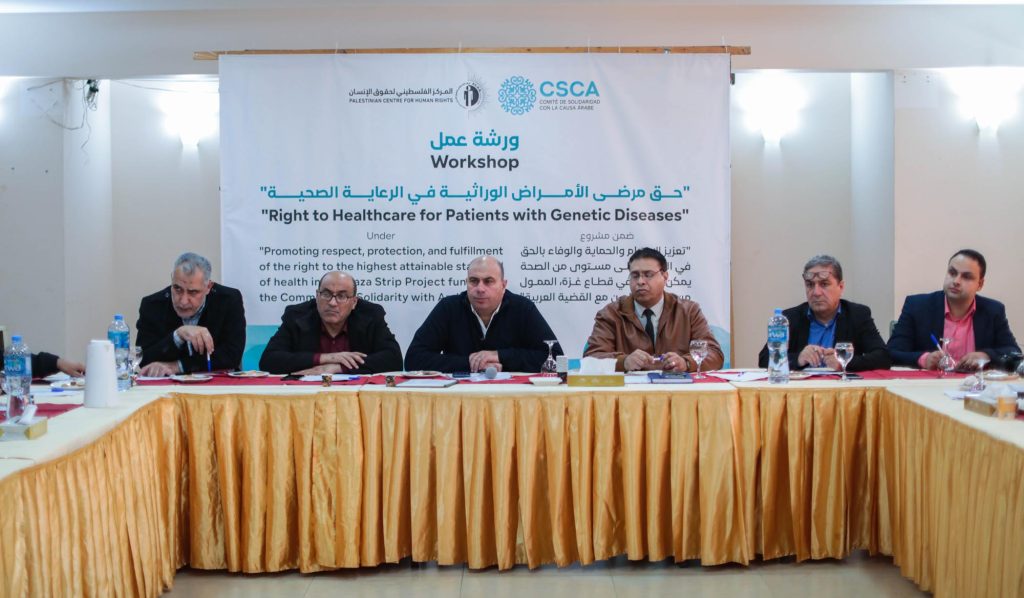
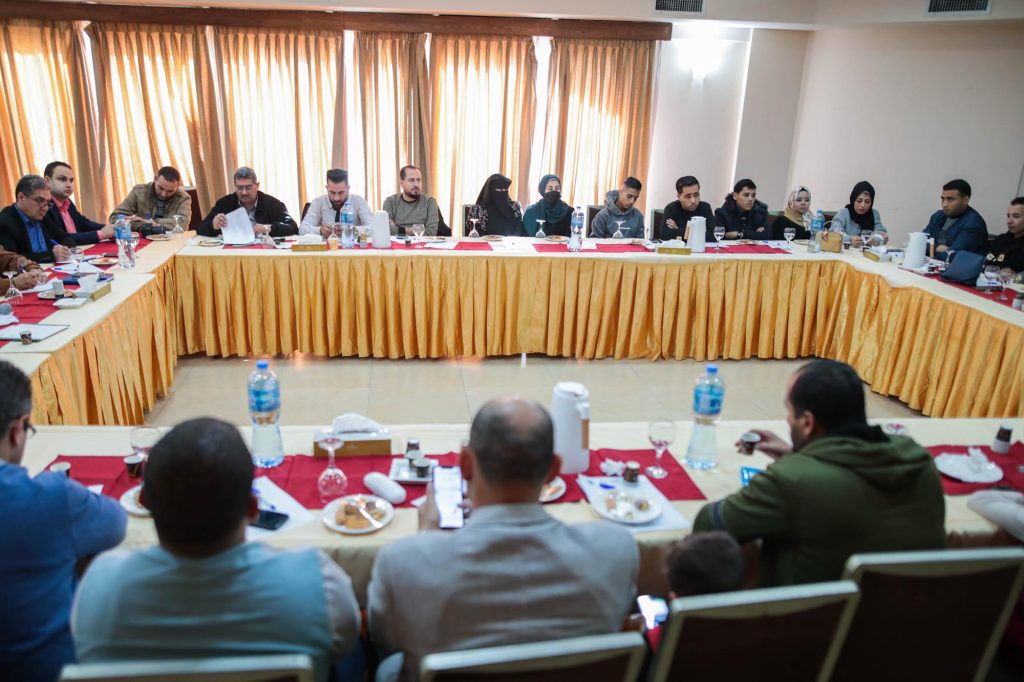
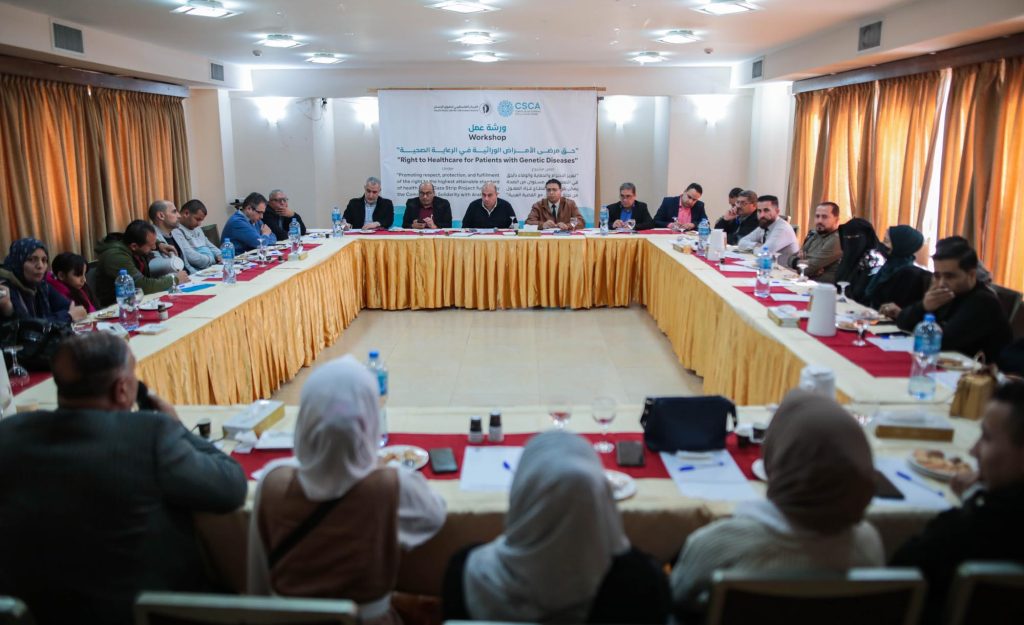
… [Trackback]
[…] Find More Information here to that Topic: pchrgaza.org/during-workshop-organized-by-pchr-medical-professionals-recommend-building-specialized-treatment-centers-for-genetic-diseases/ […]
… [Trackback]
[…] Find More on that Topic: pchrgaza.org/during-workshop-organized-by-pchr-medical-professionals-recommend-building-specialized-treatment-centers-for-genetic-diseases/ […]
I am out here to speed this good news to the entire world on how I got help from Dr UYI a great lottery spell caster that will help you cast a lottery spell and give you the rightful numbers to win the lottery, I didn’t believe lottery spell at first but as life got harder i decided to give a try, I spend so much money on tickets just to make sure I win. until the day I met Dr UYI online, which so many people have talked good about, that he is very great when it comes to casting lottery spell, he told me the necessary things to do and behold it was like a magic, i won $220 Million Dollars Mega Million with the numbers Dr UYI gave to me. his a really trustful person worthy and reliable, i am sharing this to you who have been finding it so hard to win the lottery, Thanks you Dr UYI who helped me Contact him via email: drzukalottospelltemple@gmail.com OR WhatsApp on +17174154115